Pakistan sees deadliest year of terrorism since 2015 as attacks surged 70%
Report finds 521 attacks left 1,092 injured across the nation in 2024; over 95% of attacks occurred in KP and Balochistan provinces

Asma Kundi
Producer, Islamabad
Asma Kundi is a multimedia broadcast journalist with an experience of almost 15 years. Served national and international media industry as reporter, producer and news editor.

Police officers and paramilitary soldiers gather near the wreckage of vehicles after an explosion near Jinnah International Airport in Karachi, Pakistan October 6, 2024.
Military responded by conducting 158 operations, killing 621 militants
Analyst says militants using Afghan territory as 'launching pad'
Pakistan must end 'good' vs 'bad' Taliban distinctions, argues another
Pakistan saw its deadliest year of terrorist violence since 2015, with attacks surging 70% in 2024 and claiming 852 lives across the country, a new security report revealed on Thursday.
The Pakistan Institute for Peace Studies (PIPS), a think tank focused on security issues, found that terrorist incidents have risen sharply since the Taliban took power in neighboring Afghanistan in 2021, reversing years of improving security in the region.
The report, titled 'The Pakistan Security Report 2024', documented 521 attacks throughout the year that left 1,092 people injured. The report warns that continued escalation could return Pakistan to the volatile conditions that preceded the 2014 terrorist attack on the Army Public School (APS) in Peshawar.
KP, Balochistan bear the brunt
In 2024, more than 95% of terrorist incidents were concentrated in two provinces, Khyber Pakhtunkhwa (KP) and Balochistan.
KP bore the brunt of the violence, experiencing 295 attacks — including five targeting religious minorities—which resulted in 509 fatalities and 517 injuries. This represents a 69% increase in attacks and a 21% rise in deaths compared to the previous year.
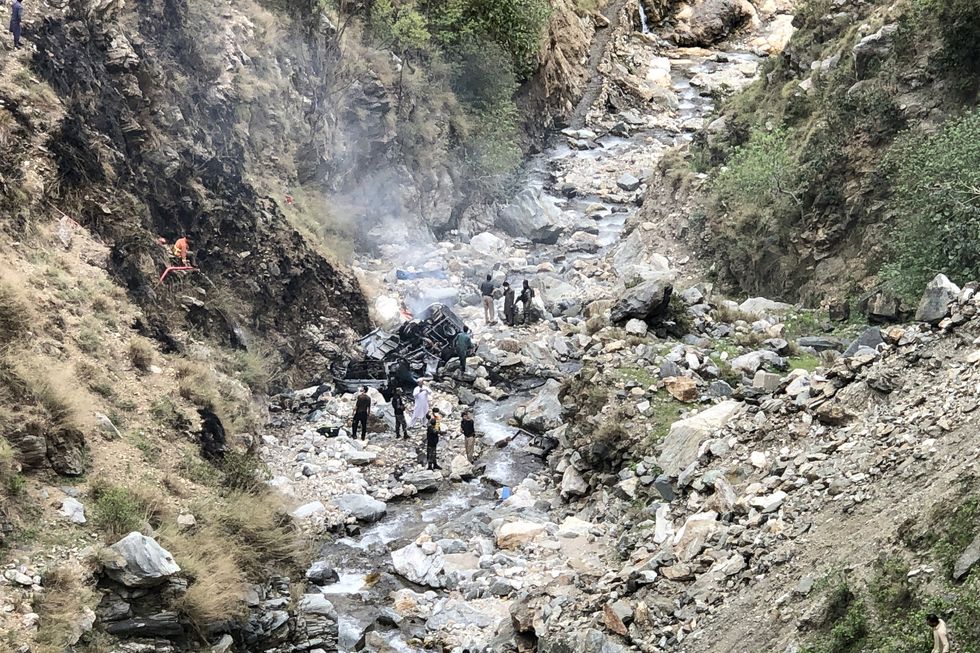
Balochistan also experienced an unprecedented 84% surge in terrorist activity, enduring 202 attacks that claimed 322 lives and left 534 people wounded.
The banned Balochistan Liberation Army (BLA) and Balochistan Liberation Front (BLF) emerged as primary aggressors, with BLA-orchestrated attacks alone causing 225 deaths — a toll comparable to the casualties inflicted by the outlawed Tehreek-e-Taliban Pakistan (TTP).
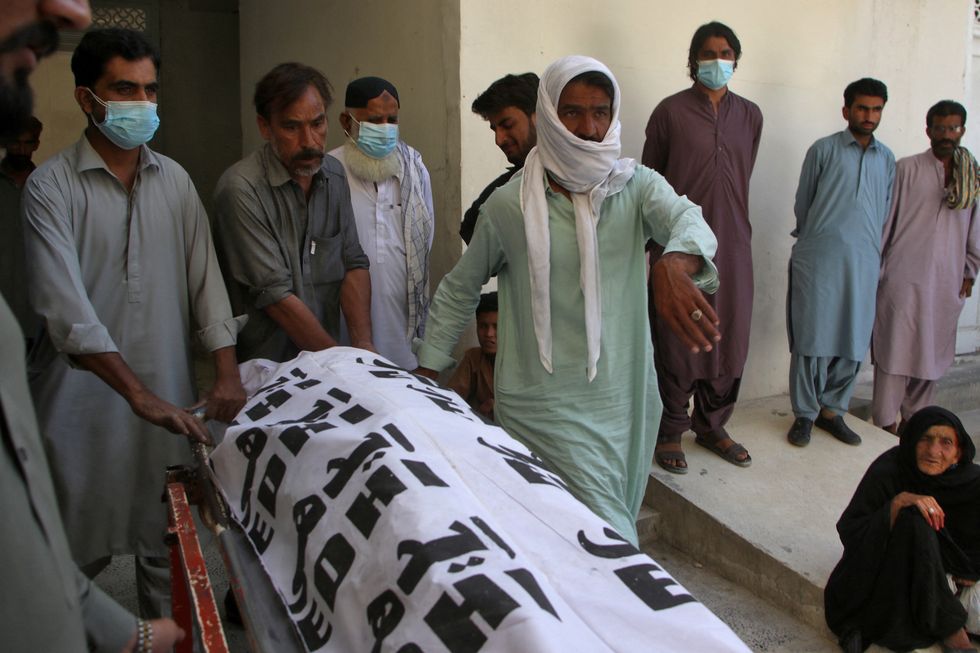
Meanwhile, Punjab witnessed 11 terrorist attacks, nearly double the six incidents recorded in 2023, while Sindh reported 12 attacks, primarily concentrated in Karachi. The federal capital, Islamabad, experienced a single terrorist attack motivated by sectarian tensions.
Broad increase in violence
Amidst the surge in violence across Pakistan in 2024, the country grappled with intensifying challenges on multiple fronts as sectarian clashes, border incidents, and counter-terrorism operations all saw dramatic increases.
In the remote tribal Kurram district of KP, sectarian tensions resulted in 24 violent incidents, including 11 targeted attacks and 13 violent clashes. The resulting casualties were devastating: 234 deaths—more than five times the previous year's toll—and 441 injuries.
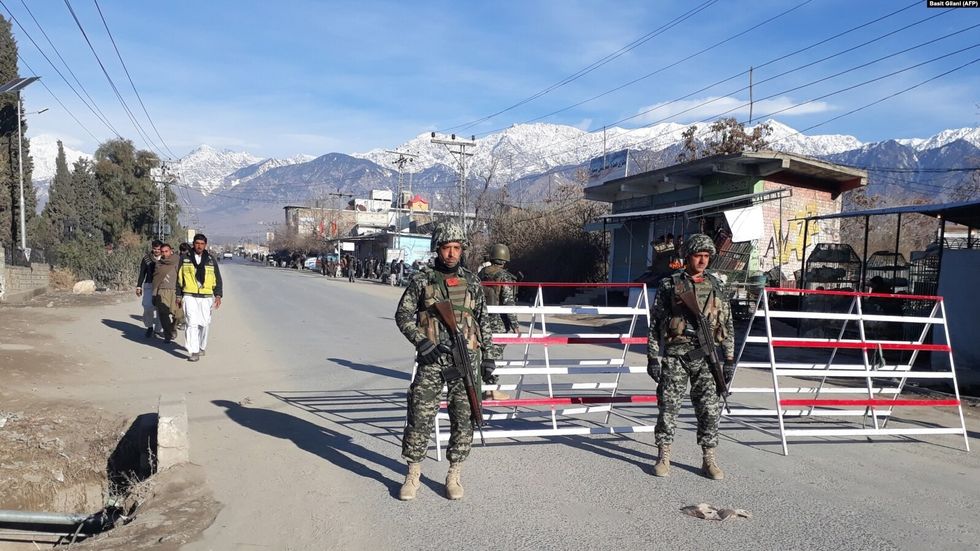
The violence spilled across borders as well, with incidents more than doubling to 28 from the previous year's 12. Most occurred along the Afghan frontier, with isolated clashes at the Indian and Iranian borders. These confrontations resulted in 150 fatalities, predominantly militants, and left 46 wounded.
The military response intensified accordingly, with security forces launching 158 anti-militant operations, marking a 22% increase from 2023. These operations proved deadlier than before, neutralizing 621 militants—a 66% rise year-over-year. An additional 275 militants were killed either in retaliatory actions or during attempted crossings from Afghanistan.
Diplomacy 'only viable solution'
Security analyst Imtiaz Gul told Nukta that "since the Taliban came to power in Afghanistan, there has been a significant increase in terrorist incidents in Pakistan." He explained that militants are using Afghan territory as a launching pad for attacks, with most incidents concentrated in KP. "Pakistan has repeatedly raised concerns about this," Gul stated, "but Afghanistan has not addressed the issue."
"Pakistan is facing proxy terrorism orchestrated by foreign powers," Gul explained. He identified neighboring countries as primary instigators. He emphasized that terrorist groups are exploiting porous border regions as key transit corridors.
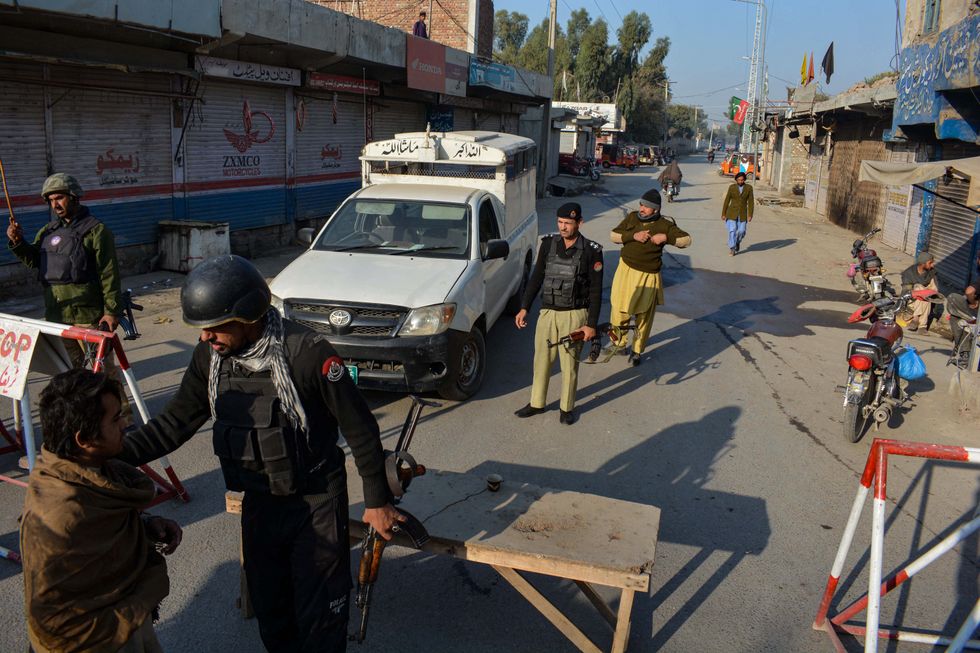
Gul emphasized that military operations alone cannot curb the rising violence. He pointed out that despite Pakistan nearly doubling its counter-terrorism operations compared to the previous year, terrorist incidents have continued to escalate. "The only viable solution is to engage with Afghanistan through effective diplomacy," he stated.
While noting that India may be unreceptive to dialogue at present, Gul stressed the urgency of diplomatic engagement with the Afghan government. Though such negotiations may not eradicate terrorism entirely, he suggested they could substantially reduce the frequency and intensity of attacks.
'BLA strength exaggerated'
In an interview with Nukta, retired Brigadier Masud Ahmad Khan also echoed Gul's views. He contended that the BLA's strength is exaggerated on social media.
In June 2023, Pakistani forces apprehended Nasrullah (also known as Maulvi Mansoor) in Chaman as he attempted to enter the country. As TTP's defense commander and head of its Defense Shura, Nasrullah provided crucial intelligence during interrogation, revealing direct collaboration between the TTP and BLA, with support from Indian RAW, Khan told Nukta.
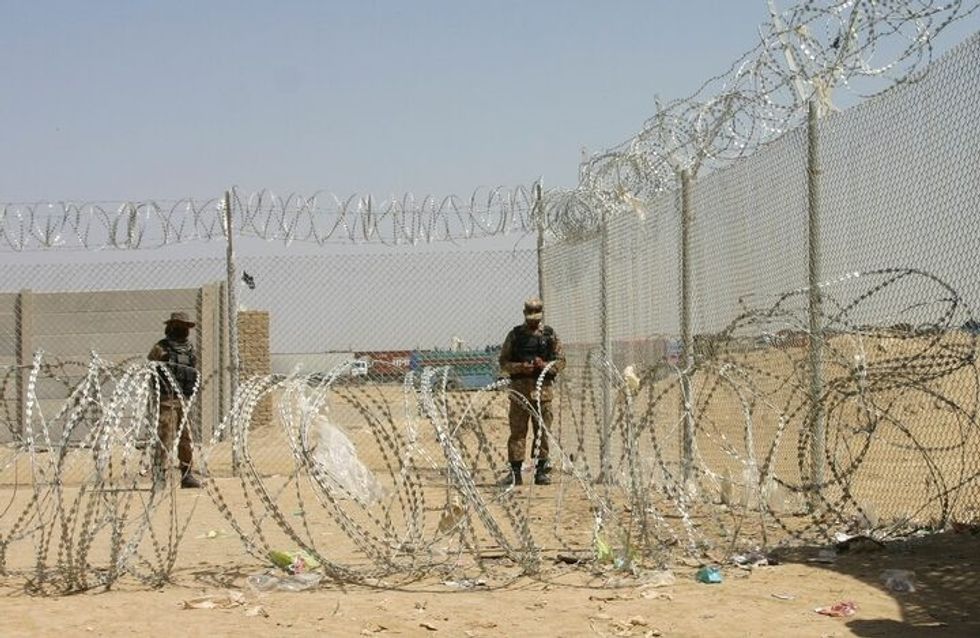
According to Khan, these militants have acquired sophisticated American military equipment abandoned in Afghanistan, substantially improving their ability to conduct nighttime operations. He revealed that of the 27 suicide attackers who struck Pakistan, 17 were Afghan nationals—a statistic that underscores the significant cross-border dimension of these attacks.
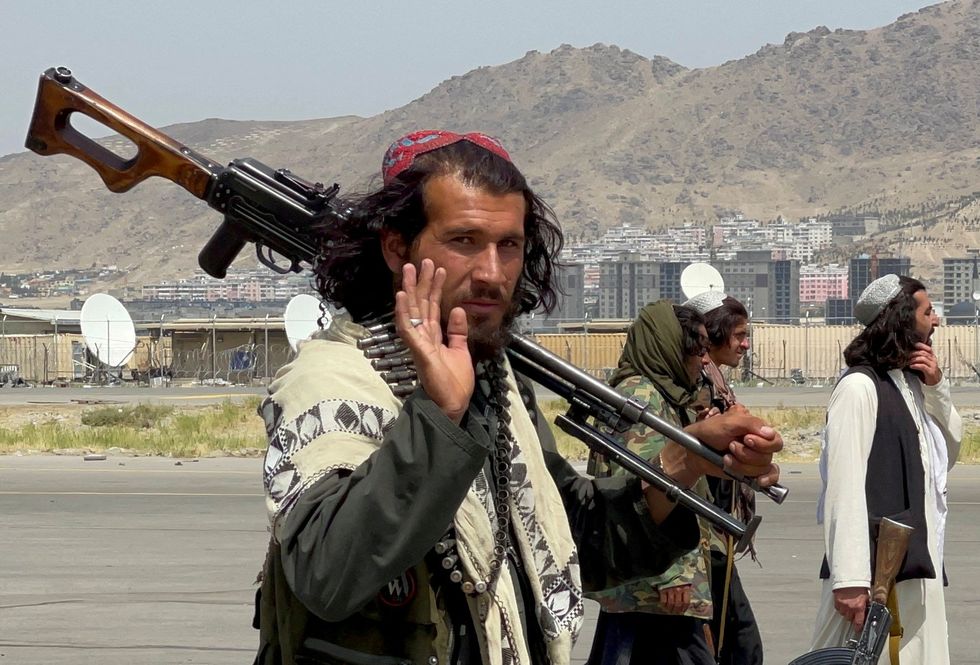
Khan explained that the TTP and BLA have partitioned Balochistan into distinct operational zones to maximize their terrorist activities. "During the negotiation process with Afghanistan, many terrorists exploited the situation and migrated from the Paktia and Khost regions of Afghanistan to various parts of KP, particularly in South and North KP," he stated, adding that the Afghan Taliban facilitated this cross-border movement.
Afrasiab criticizes blame game
In an interview with Nukta, politician and analyst Afrasiab Khattak criticized authorities for consistently blaming India and Afghanistan for terrorism in Pakistan. "If RAW and Afghanistan are indeed behind these activities, are we supposed to call the United Nations to intervene? Isn't it the job of our security institutions to prevent these attacks? Instead, they shift the blame and consider their work done," he remarked.
Khattak argued that state policies directly influence Pakistan's security landscape, stating, "Previously, official spokespersons claimed that the Taliban were 'good' and blamed the previous Afghan government, backed by India, for terrorism in Pakistan. But now, with the Taliban in power, who is to blame?"
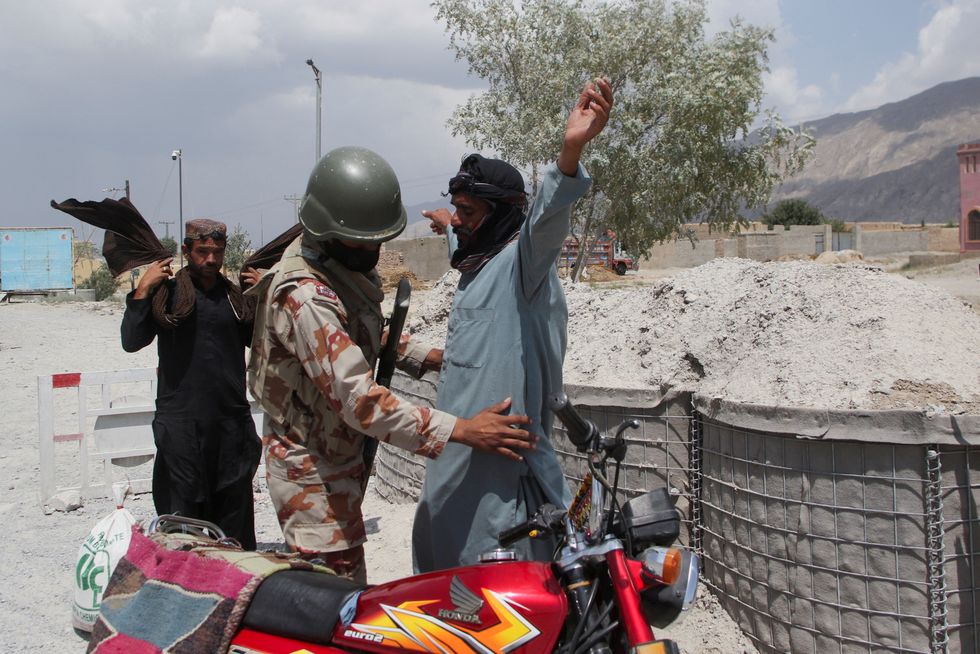
He questioned the origins of the Taliban, asking pointedly, "Where were the Taliban created?"
Khattak insisted that to effectively combat terrorism, Pakistan must abandon its policy of differentiating between "good" and "bad" Taliban. "The solution lies in ending these double standards and dealing decisively with the menace," he concluded.







Comments
See what people are discussing